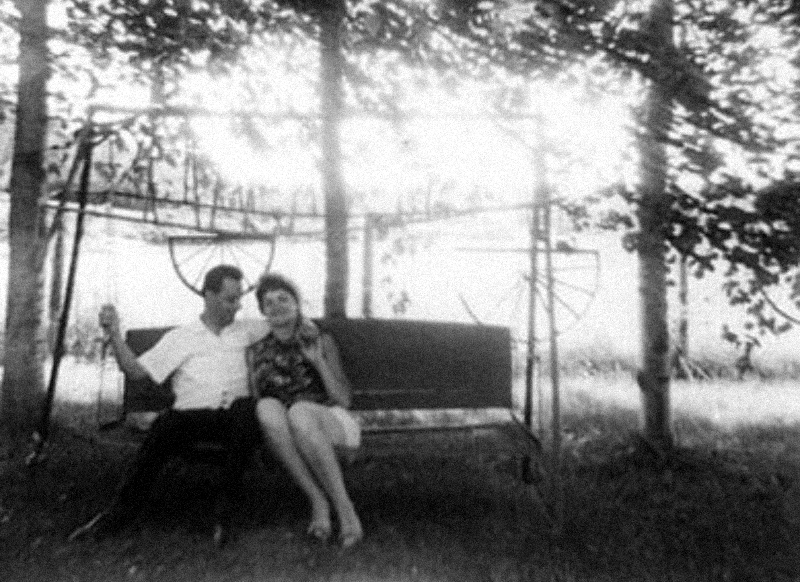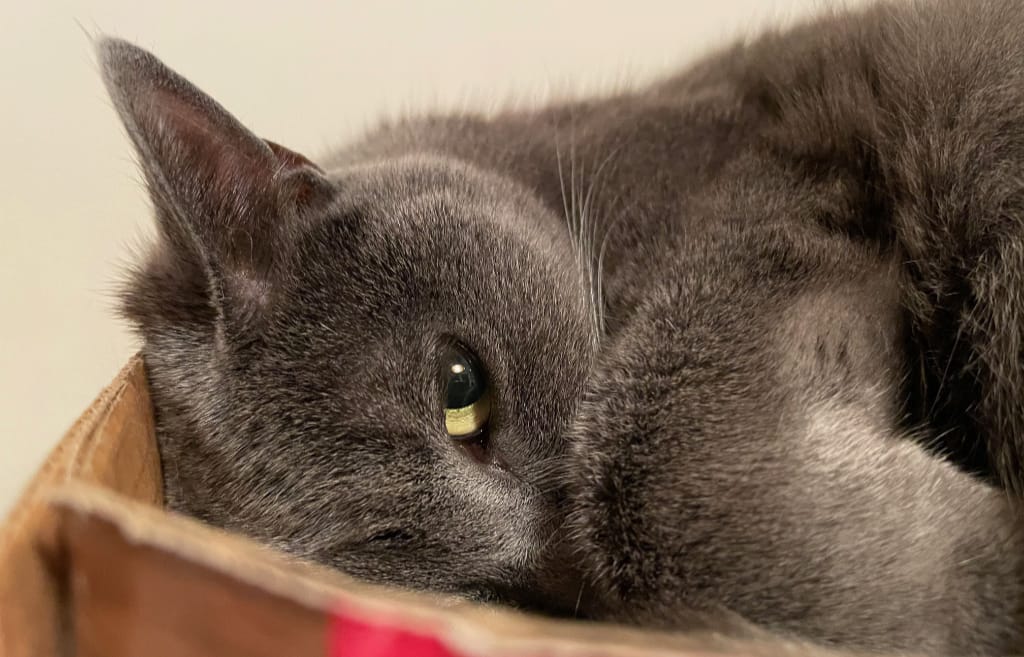
The bird is telling you
I have subscribed to the visual bookshop [Lucid](https://apps.apple.com/app/apple-store/id1482780647?mt=8). This friendly application allows you to get the gist of a book in a few minutes. If one wanted to be mean, one could conclude that people write too many words to explain something and that a few nice diagrams are all that is needed. In a way, *War and Peace* is set in Russia.
Anyway, I went with the so-called motivational reading: *No Rules Rules* (the organizational principles that led to the success of Netflix), *Thinking, Fast and Slow* (or the art of understanding one’s biases and being wary of one’s intuition), *Dare to Lead* (what makes a good leader), *Grit* (another book on leadership) and finally, *Start With Why* (identifying one’s deepest motivation, one’s reason for being).
This last book particularly appealed to me, both on a personal and professional level. The chapter titles speak for themselves:
- *The Importance of Knowing your Why.*
- *How Gut Instincts Drive Decisions.*
- *The Key to Your Why.*
- *How Leaders Attract Followers*.
- *How to Rally Those Who Believe*.
- *Aligning Your Actions With Your Why*.
- *Why Success is the Biggest Challenge*.
- *How to Discover Your Why*
The English language has a way of wrapping concepts around each other. To say in French *Connaître son pourquoi* does not make much sense. However, the concept is simple and demanding: *Knowing one’s reason for being, one’s why should be based on who one is as an individual. What distinguishes us as a person is our life experiences, our education. What did you like to do, to undertake? What stopped you from continuing, or what led you to continue in that direction? How old are you? At this point in your life, has your path diverged from the first paths you took?*
Entrepreneurs should all ask themselves this crucial question of *why*, as this primary motivation should be the one that guides them towards the development and growth of their business. The same is true of our personal lives.
For example, who was I as a teenager? A dreamy boy, who wrote poetry, but also a mind fascinated by science, science fiction, the possible. I was building forts and Lego planes. I wanted to become an architect because I liked to draw lines, I liked to draw a lot. I wanted to build at the same time; I wanted to escape. I always had a thirst for explanations, for great schemes.
Then, I hit a wall university. I didn’t have the grades; I wasn’t disciplined enough, I told myself, to become an architect. My houses would fall. At least that’s what I was led to believe and, naive, I went along. After several harmless wanderings where I had to get to know boys and betrayals, I started writing again and published a few books.
My career path was a series of circumstances. Every step I took had a desire to build, and that’s how I became a computer graphics designer, then a programmer, and now, more or less, the director of something vague, between the realist and the artist, the astrologer and the lover. I have remained equal to myself, without possessing the discipline to make a success story according to the standards conveyed in popular and well-written books.
This glory, this completion as one reads in these books, is certainly not within reach of everyone? Of course, you have to define this notion of success for yourself. My father, at the age of 87, says that he has succeeded in life. He wanted a family, intelligent children, a beautiful and determined wife at his side. He has had it all, he says. He is proud of his life. So success is open to interpretation.
But it would be suitable for all of us to ask ourselves this question and ask it frequently to make our *why* a motivating leitmotif, a motor that allows us to drive on four, three, two, or one wheel.
A leader can communicate his or her dream and bring on board people who are ready to make it come true, to steer the boat to port. A business leader who is content to govern will see his sailors turn into passive servants, or administrative zombies. If he/she does not understand the direction of his/her motivation, he/she will not be able to induce it in others, and the boat will invariably be carried away by the current and the storms.
Where am I, at 62, in my *why*, my *reason for being*? It might be painful to answer, because it is easy to plunge into regret. I continue to write little bits of text that float happily on the ocean of the Internet. I listen to people, it’s part of my corporate responsibility. I am said to be smiling, to be doing good. I also program, I mentor without having the degrees.
I’m not sure I understand this *why*. It is a bird that bangs its wings against the walls of my thoughts, of my lungs. It insists on making wings out of my arms. Perhaps I do not ask the question of *why* enough. What should I do now? I don’t want to rest; I’m not that tired. Do I feel listened to? Am I a zombie?
Perhaps.
I remain a dreamer who, with drool on his lips, watches the shadows of his impulses draw sweet reasons for being with each of his many limited breaths.
Perhaps I will never meet my true whys in my path. But if all the people in the world asked themselves questions, would there not be less misery, brother, sister?


